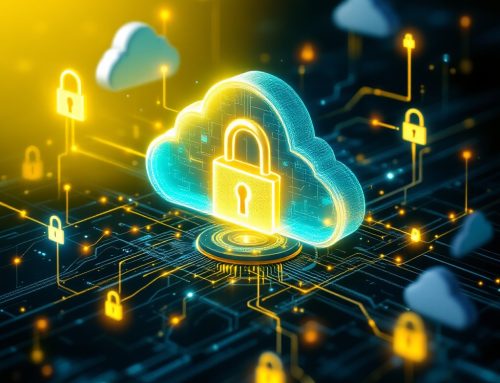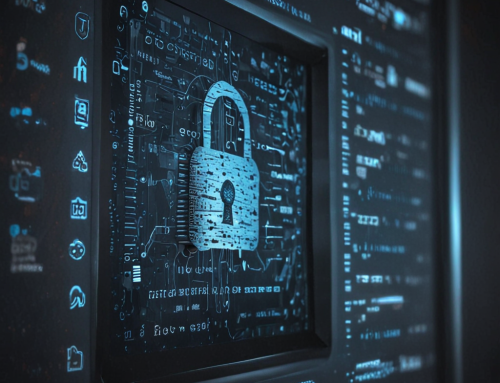The digital world is constantly evolving and changing, with new threats and vulnerabilities appearing daily. To stay secure amid these changes, it’s important to stay ahead of the curve by implementing the best cybersecurity strategies. Let’s look at some of the most effective strategies for staying secure in 2025.
Train Your Employees
As more businesses move to digital operations, training your employees on best practices for security is critical. Educate them on how to recognize suspicious emails and phishing attempts, as well as how to carefully guard their passwords against attackers. Additionally, make sure that all devices used by employees are up to date with the latest software updates – this will ensure that any known vulnerabilities are patched quickly before attackers can exploit them.
Use Multi-Factor Authentication
Multi-factor authentication (MFA) is one of the most effective ways to protect your data from unauthorized access. MFA requires users to provide two or more pieces of evidence – such as a password, an SMS code sent to their phone, or biometric data – before they’re allowed access. This makes it difficult for attackers to gain access even if they have obtained a user’s password.
Password Protection
One of the most important methods of protecting yourself online is to ensure your passwords are not only strong but also secure. Passwords should be at least 12 characters long and include numbers, symbols, uppercase letters, and lowercase letters. It’s also important to avoid using frequently used words or phrases as passwords because these are easily guessed or cracked by cybercriminals. Additionally, never share your passwords with anyone else – not even family members or trusted colleagues – and make sure to change them every three to six months.
Implement Encryption Techniques
Encrypting data means transforming it into a form that is unreadable without an encryption key. This makes it much harder for attackers to steal or intercept sensitive information such as customer records or financial documents. There are several types of encryption available, so make sure you choose one that meets your business’s specific needs.
Lock Your Network and Computer Ports
Cybersecurity isn’t only about protecting yourself from cloud-based attacks; you also need to defend yourself against insider threats. To defend against data loss, viruses, and malware associated with removable media, you must physically block your computer and network ports with port locks. These nifty little devices cost a couple bucks each and are the cheapest insurance policy you can buy to protect yourself from an intentional or unintentional data breach, including employees who accidentally lose USB flash drives and other portable media after downloading sensitive company files.
USB port locks, HDMI port locks, fiber optic port locks, network module locks, LAN cable locks, and secure USB hubs for your attached USB devices will ensure that USB flash drives, external hard drives, smartphones, high-speed data cables, and anything else you can imagine will never be connected to your computers and/or your network.
Network Security Monitoring
Network security monitoring is another essential tool for keeping your business safe online. Network security monitoring involves keeping track of all activity on your network, such as user logins and data transfers. It also monitors incoming traffic from outside sources and blocks suspicious activity before it becomes a problem. Network security monitoring software can alert you when something suspicious occurs so that you can act quickly to protect yourself from potential hackers or malicious software.
AI-Powered Cybersecurity Solutions
The use of artificial intelligence (AI) in cybersecurity has become more common over the past few years, and this trend will continue into 2025 and beyond. AI-powered solutions can detect patterns in data that humans might not be able to spot, allowing them to identify suspicious activity faster than ever before and respond accordingly with countermeasures designed to protect against potential cyberattacks. AI-powered solutions are also capable of learning over time, making them even more effective against increasingly sophisticated threats as they evolve.
It’s important to remember that no single strategy will guarantee total protection against cyberattacks. However, implementing multiple cybersecurity strategies can help drastically reduce the chances of falling victim to an attack. Investing in employee education, using multi-factor authentication, maintaining strong passwords, encrypting your data, locking your computer and network ports, monitoring your network, and taking advantage of AI are just some of the ways that you can stay secure in 2025.










